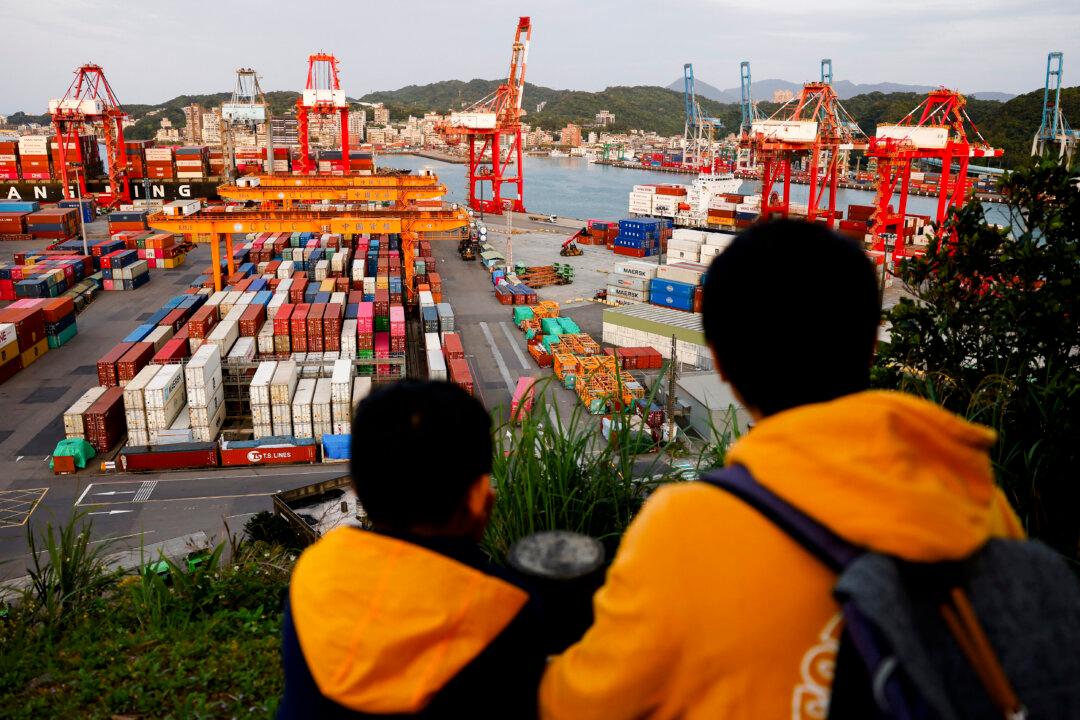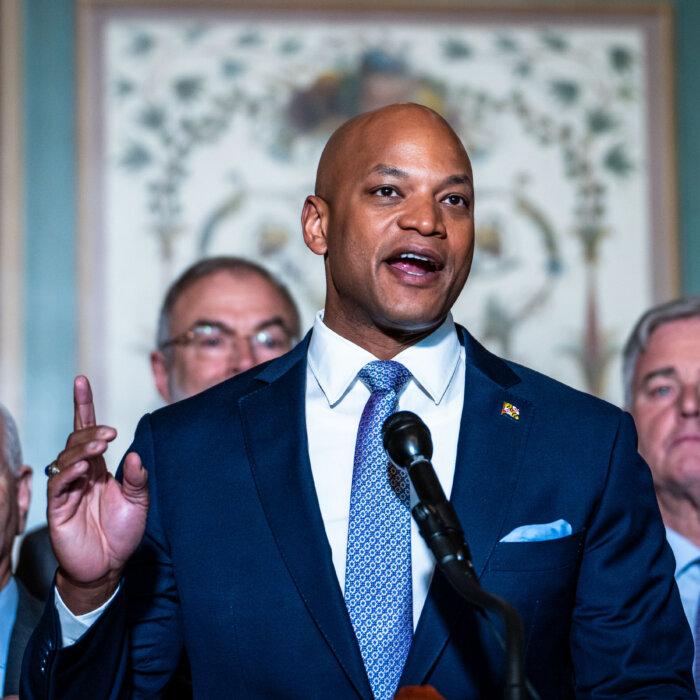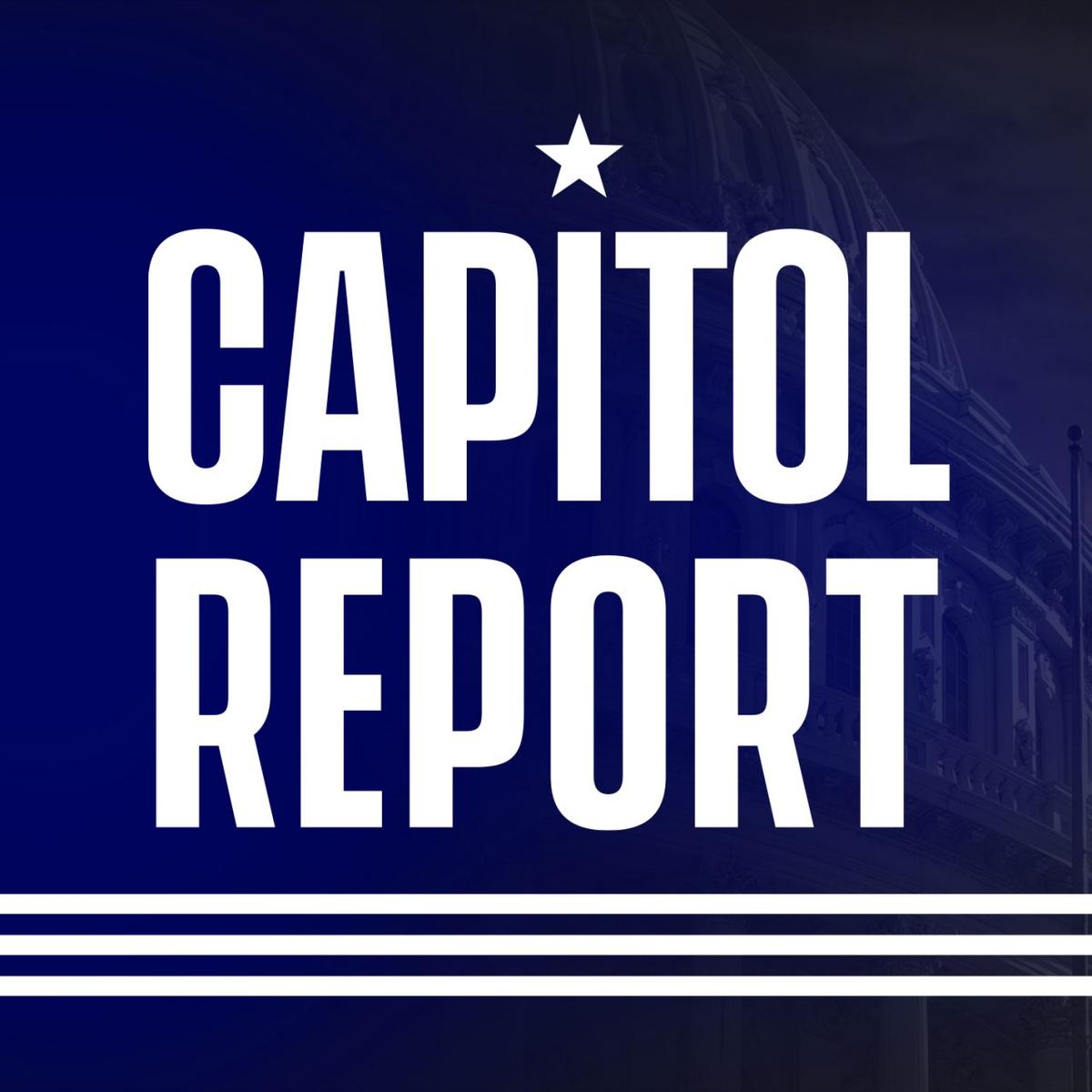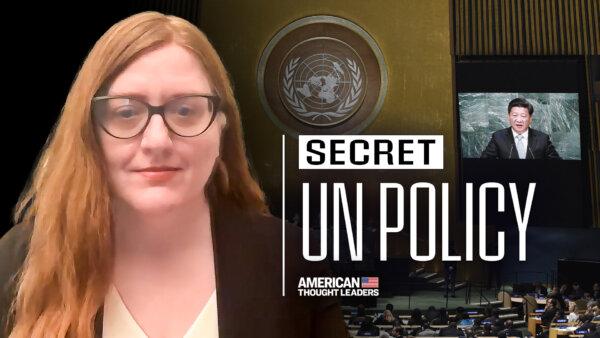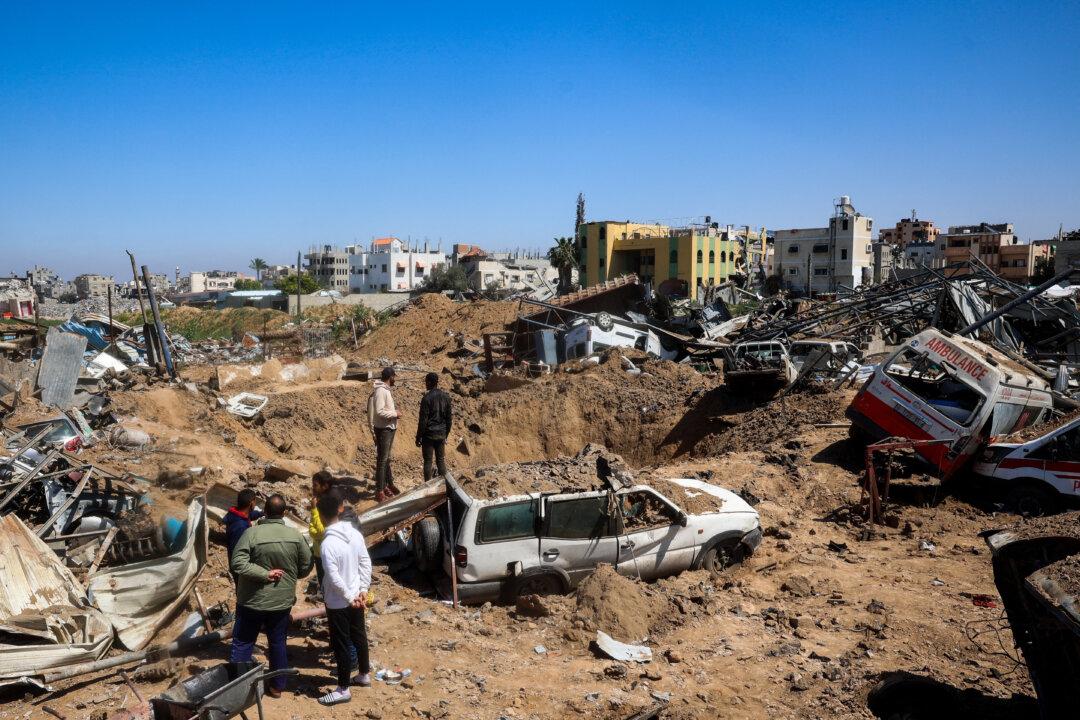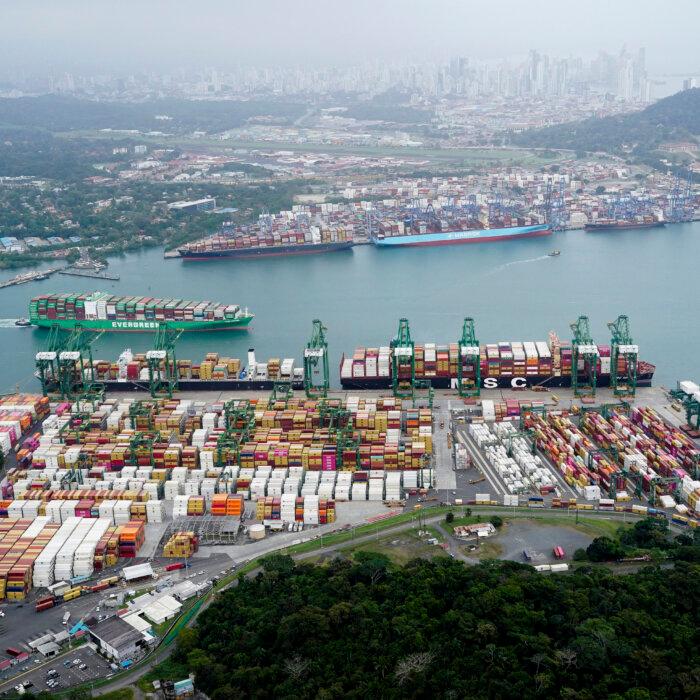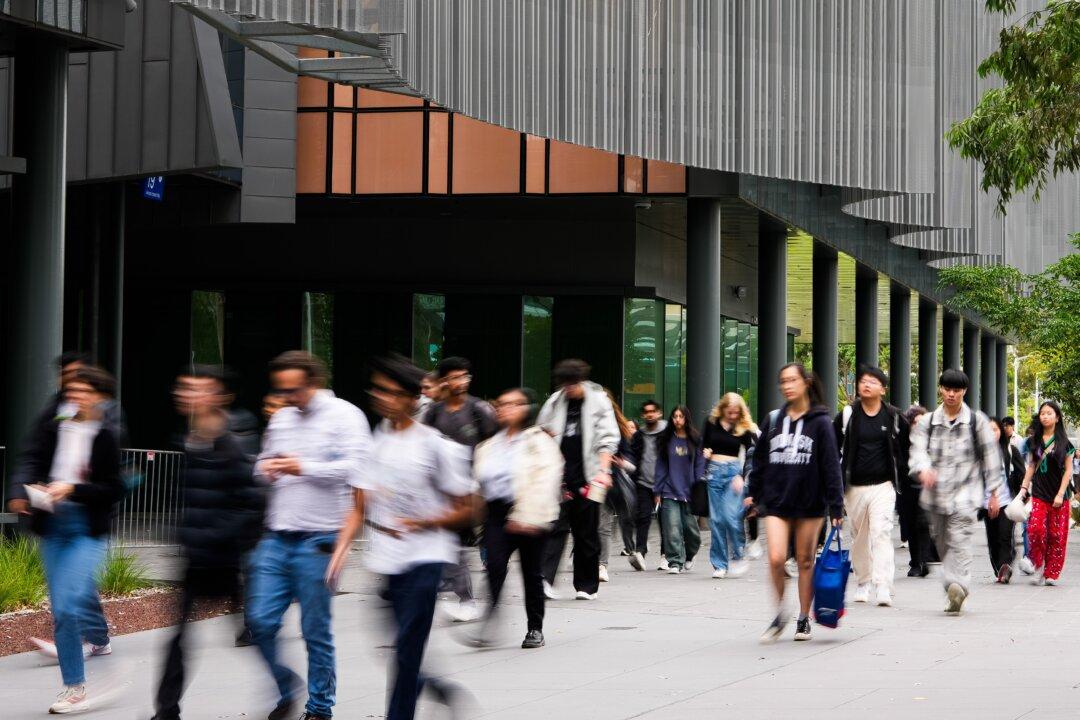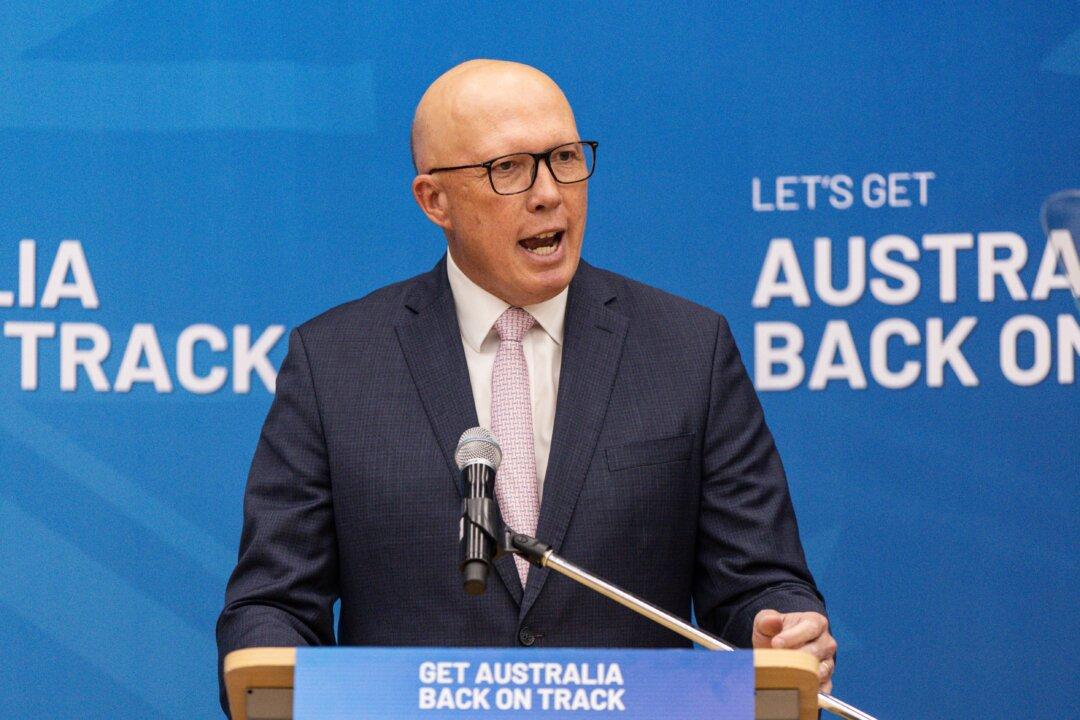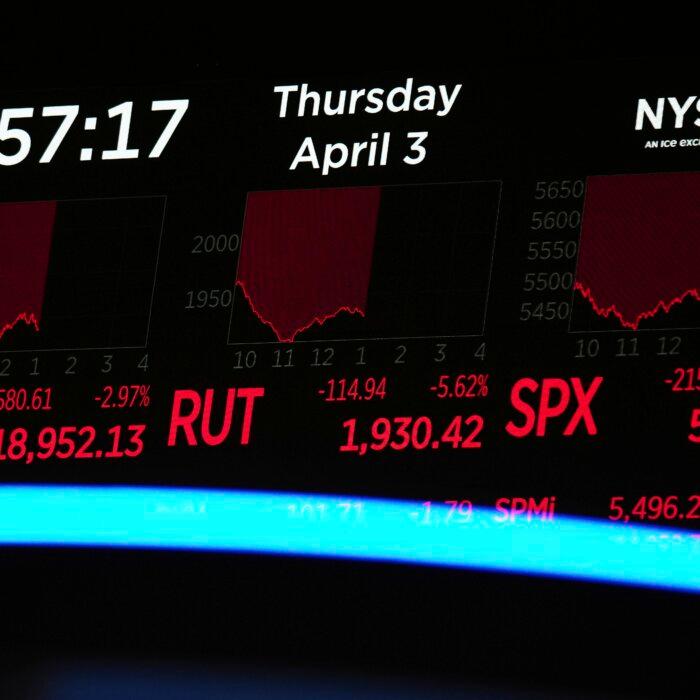House to Take up Revised Budget Blueprint That Passed the Senate
There are already warning signs that getting the blueprint through the House could be challenging for the Republican leadership.
How I Almost Ended Up in Jail for Exposing a Secret Gender Transition Program: Eithan Haim
Dr. Eithan Haim alleges he discovered that doctors were secretly continuing and expanding their program of transgender medical procedures for minors.

8 Simple, Science-Backed Habits to Build a Stronger Brain and Fight Cognitive Decline
Experts share eight proven ways to hone a sharper, stronger, more resilient brain.

Grow Your Own Bouquets: How to Start a Cut Flower Garden
Don’t worry about plant size, balance, complementary colors, and the overall design—simply plant what you like. These smart techniques will help.

‘Audrey’s Children’: This Doctor Should be Nominated for Sainthood
While not a stellar biopic, “Audrey’s Children” is sure to inspire good deeds in medical profession aspirants and is definitely worth a watch for everyone.
Most Read
Top Stories
Trump Says China Almost Approved TikTok Deal Before Tariffs
The U.S. president said that the Chinese regime would have approved the deal ‘in 15 minutes’ if he reduced tariffs.
Trump Defends Tariffs as ‘Medicine’ Amid Market Tumble
Trump said that he will not make a deal with China unless the trade deficit is resolved.
European and Asian Markets Continue to Tumble After US Tariffs
Trump told reporters on Sunday: ‘I don’t want anything to go down. But sometimes you have to take medicine to fix something.’
Zimbabwe Axes All Tariffs on US Goods
Zimbabwe’s main trading partners are South Africa, the United Arab Emirates and China, but it does export tobacco and rice to the United States.
Victims of Swatting Warn ‘Untouchable Crime’ Will End in Tragedy
‘This is an absolute attempted murder,’ Chad Caton, an outspoken conservative who was swatted, said.
▶How I Almost Ended Up in Jail for Exposing a Secret Gender Transition Program: Eithan Haim
Dr. Eithan Haim alleges he discovered that doctors were secretly continuing and expanding their program of transgender medical procedures for minors.
As Peacemaking Efforts Stall, Russian Forces Continue Frontline Advance in Ukraine
A limited US-backed cease-fire fails to take hold as Russian forces continue to make gains in Donbas and Kursk.
States Move to Protect Americans’ DNA From China
As concerns grow about biotech advancements that would allow for Americans’ DNA to be weaponized, many states are enacting protection laws.
Health Secretary Visits Texas After 2nd Child Dies of Measles
The first measles-related death was reported in February involving an unvaccinated school-aged child.
Leaked China CDC Document Confirms New H5N1 Strain More Contagious in Humans
The document describes a new mutation in the hemagglutinin protein gene but lacks details, drawing concern from experts.
Musk Hopes for ‘Zero Tariff Situation’ Between US, Europe
The Tesla CEO also advocated for the free movement of people between the two regions.
Day in Photos: Heavy Rains in DR Congo, Detained Lawyers, and Extraordinary Congress in Turkey
A look into the world through the lens of photography.
Shen Yun a ‘Wonderful, Deep, and Important Artistic Statement,’ Says Retired Ballet Dancer
Frank Dellapolla was blown away by the levels of artistry and technique in Shen Yun Performing Arts.
Baby Boomers Replace Millennials as America’s Largest Share of Homebuyers
Many baby boomers are purchasing homes entirely with cash, according to a real estate economist.
Idaho Legislature Clears Way for Ivermectin to Be Sold Over the Counter
If the governor signs the bill into law, Idaho will become one of a handful of states to allow ivermectin sales without a prescription.
Treasury Secretary Rejects Idea Recession Is Inevitable in Relation to Tariffs
‘Who knows how the market is going to react in a day, in a week?’ he asked.
White House Official Says More Than 50 Countries Reached Out for Tariff Talks
‘They’re doing that because they understand that they bear a lot of the tariff,’ Kevin Hassett said.
Tracking Trump’s High Level Appointments, Senate Confirmations
The Senate is undertaking the confirmation process for the president’s new administration.
Netanyahu to Seek Tariff Relief in Meeting With Trump
Trump’s latest tariff rollout could affect Israel’s machinery and medical equipment exports, an Israeli finance ministry official said on April 3.
How to Heal Your Gut to Fight Common Fungus Overgrowth
An antifungal diet can be the key to relief, according to experts.
Judge Again Orders Trump Admin to Return Man Deported to El Salvador
The appeals court gave Abrego Garcia’s lawyers until Sunday afternoon to respond to the government’s filing.
Antonello da Messina’s Blue Madonna
Amidst a long lineage of blue Madonnas, “Virgin Annunciate” has a magnetism that compels contemplation.
Special Coverage
Special Coverage




















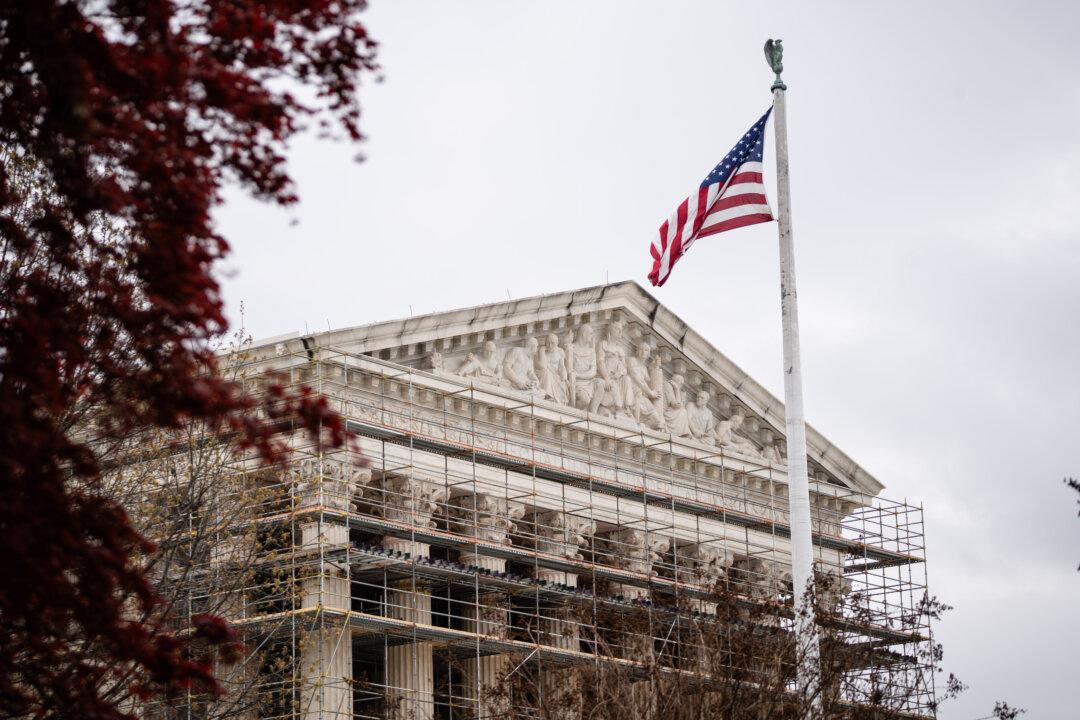























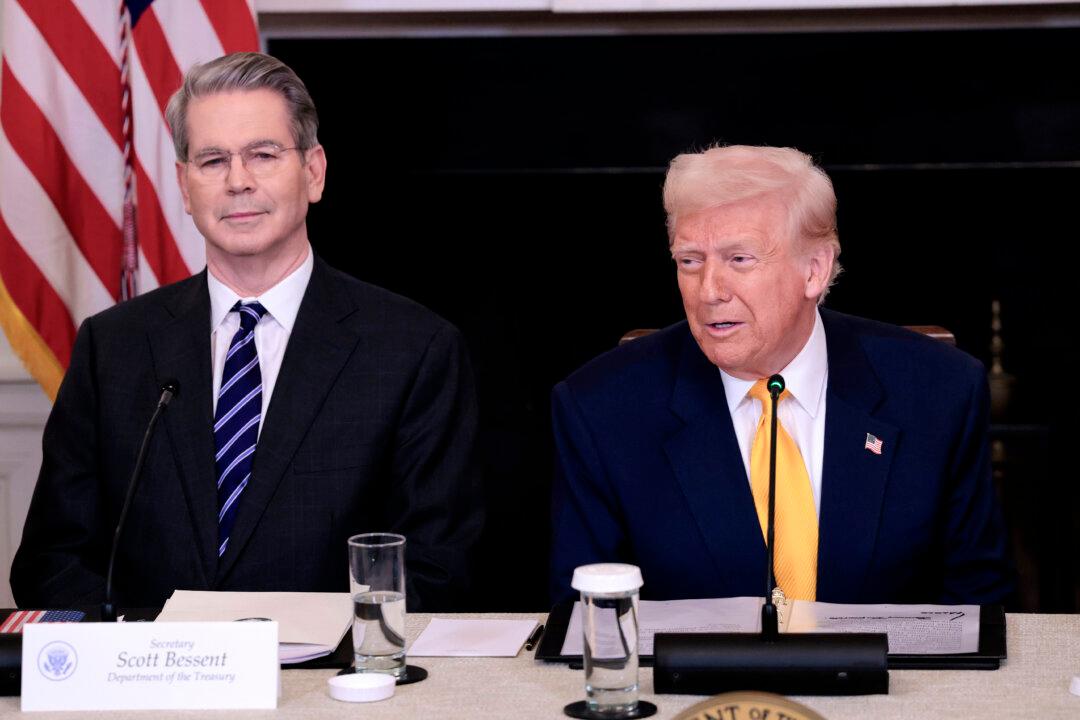

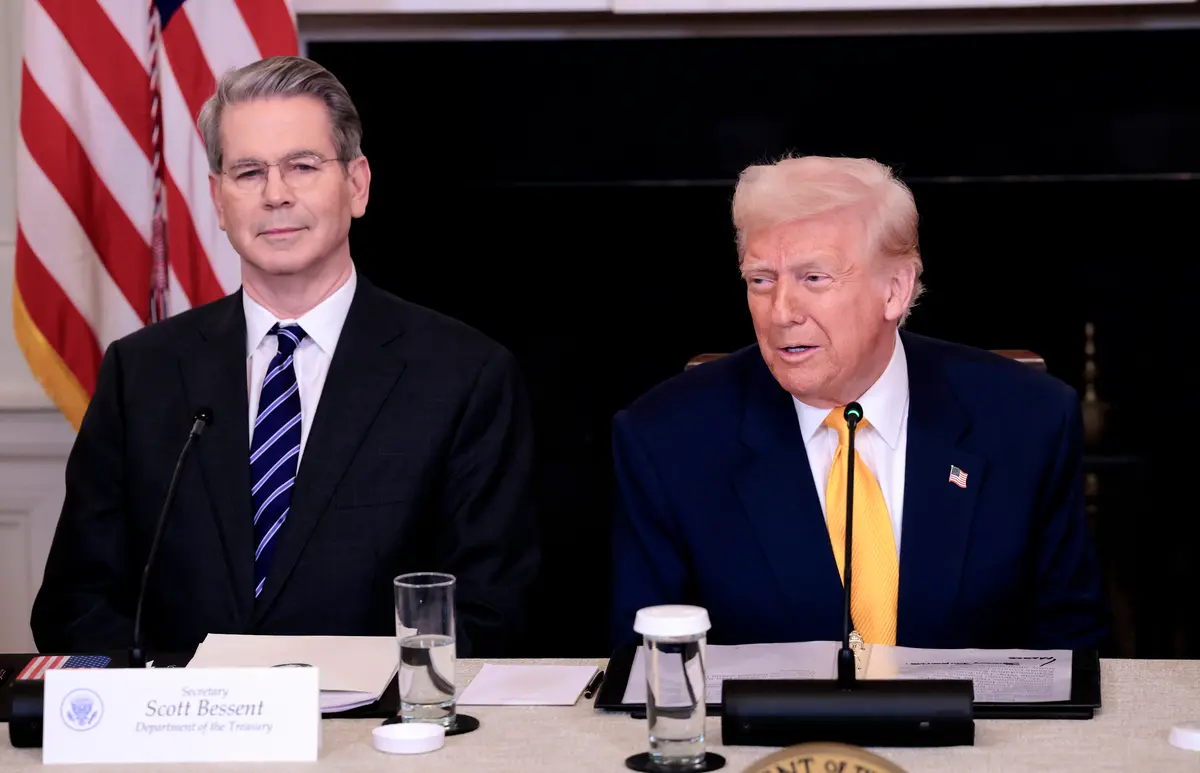

















![[LIVE Q&A 04/06 at 10:30AM ET] Have the ‘Liberation Day’ Tariffs Ended Globalism? | Live With Josh](https://www.theepochtimes.com/_next/image?url=https%3A%2F%2Fimg.theepochtimes.com%2Fassets%2Fuploads%2F2025%2F04%2F06%2Fid5837768-040625_REC-600x338.jpg&w=1200&q=75)




